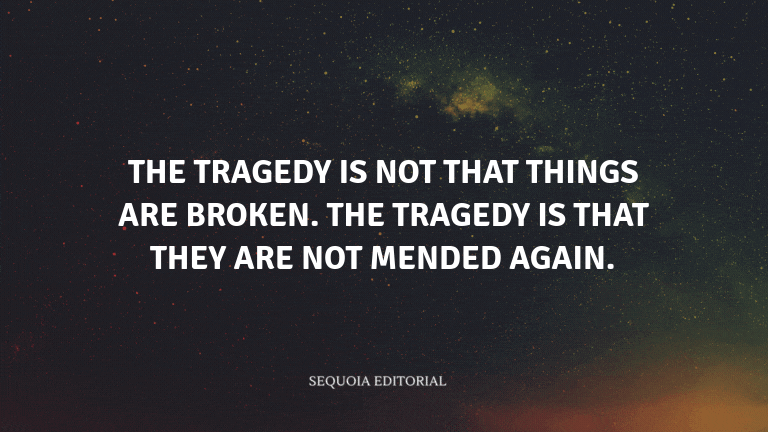Cry, the Beloved Country is about a Zulu pastor named Stephen Kumalo and his son Absalom. They live in a rural area of South Africa during a time of great racial injustice. The story follows Stephen's journey to Johannesburg, where he searches for his son and encounters the harsh realities of urban life.
Table of Content
Cry The Beloved Country Book Summary
Stephen Kumalo, a Zulu pastor, is shattered by the news of his sister's and son's disappearance to Johannesburg. He embarks on a journey to the city, where he encounters the stark contrast between the rural and urban life in South Africa.
In Johannesburg, Stephen meets his brother John, who has succumbed to the temptations of the city. He also meets Mr. Msimangu, a reverend who becomes his guide, and they begin the search for Stephen's family.
Meanwhile, Absalom, Stephen's son, is involved in a burglary that ends in the accidental murder of a white man, Arthur Jarvis. The intricate web of racial injustice is laid bare as Absalom is taken into custody.
As the trial unfolds, Stephen seeks out his sister Gertrude, who has fallen into prostitution and is deeply troubled. The two brothers, John and Stephen, represent the different paths taken by black South Africans in response to the challenges they face.
Arthur Jarvis's father, James Jarvis, is deeply affected by his son's death and begins to read Arthur's writing about the unjust social structure in South Africa. This leads to a profound change in his perspective on race relations.
Stephen finds his son, but the encounter is bittersweet, as he comes to terms with Absalom's actions and their consequences. The trial concludes with Absalom's conviction and death sentence, and Stephen must grapple with his faith and grief.
John Kumalo's political influence is revealed to be a tool for his own advancement rather than a force for good. The complexities of the racial divide are further explored as the different characters react to the events unfolding around them.
James Jarvis, in his new understanding and commitment to his son's work, begins to support the struggling village of Ndotsheni, bringing hope to the community and forming an unexpected bond with Stephen.
Stephen returns to Ndotsheni with the news of Absalom's fate, and the weight of his experiences in Johannesburg compels him to work for the reformation of his village and its people.
Upon James Jarvis's visit to Ndotsheni, he and Stephen reconcile their past differences, and Jarvis pledges to continue his son's work, acknowledging the need for change and unity among the people of South Africa.
As the story concludes, Stephen and Jarvis stand together, each man having lost a son, but with a renewed sense of purpose and a shared desire for a better future for their beloved country.
The narrative is a poignant exploration of the human condition, love, loss, and the enduring hope for reconciliation in a divided land.
Cry The Beloved Country Quotes
- The true courage is to go on when it is impossible to go on.

- But there is only one thing that has power completely, and that is love.

- The tragedy is not that things are broken. The tragedy is that they are not mended again.

Cry The Beloved Country Ending Explained
At the end of Cry, the Beloved Country, Absalom Kumalo, Stephen's son, is executed for the murder he committed. The news is a devastating blow to the family and the community.
Stephen Kumalo returns to Ndotsheni with a heavy heart, but also with a resolve to work for the restoration of the village. He finds solace in his faith and is embraced by the villagers who look to him for guidance.
The novel concludes with a sense of both despair and hope as Stephen and James Jarvis, two men from vastly different backgrounds, stand together, united in their grief and in their commitment to building a better future for South Africa.
Characters in book Cry The Beloved Country
- Stephen Kumalo: A Zulu pastor from the village of Ndotsheni who travels to Johannesburg in search of his son and becomes a symbol of hope and forgiveness.
- John Kumalo: Stephen's brother, who has embraced a life of politics and activism in Johannesburg, often at the expense of his family.
- Absalom Kumalo: Stephen's son, who leaves the rural village for Johannesburg, where he becomes involved in crime and faces a trial for murder.
- Gertrude Kumalo: Stephen's sister, who also leaves Ndotsheni for Johannesburg and falls into a life of immorality and struggle.
- Mr. Msimangu: The reverend at St. Mark's Church who assists Stephen in his quest for his family and provides guidance and friendship.
- Arthur Jarvis: A white man who is the son of James Jarvis. He is a social activist for racial justice and is murdered, which deeply affects both Stephen and James.
- James Jarvis: A wealthy white landowner whose son's murder leads him to a deeper understanding of the racial problems in South Africa.
- Mr. Harrison: A white lawyer who takes on Absalom's case and becomes an important figure in the trial.
- Mr. Carmichael: The father of the murdered man, who shows compassion and understanding towards the Kumalo family.
Key Lessons
- Understanding Breeds Compassion: When people take the time to understand each other's struggles and perspectives, it can lead to empathy and compassion.
- Forgiveness Heals: The ability to forgive, even in the face of great tragedy, has the power to heal both the forgiver and the forgiven.
- Change Starts with the Individual: Significant societal change often begins within individuals, who then have the potential to influence their communities and the world at large.
- Confronting Truth is Necessary: Progress and healing cannot occur without confronting the harsh truths of reality and acknowledging the need for change.
- Unity Overcomes Division: Unity among people of different races and backgrounds can overcome the divisions that have long separated and oppressed them.
My Personal Opinion
Is Cry, the Beloved Country worth reading? Totally. I found it to be a profoundly moving and thought-provoking novel. The way it delves into the human condition and social issues is both heartbreaking and inspiring.
I was struck by the depth of the characters and the clear-eyed examination of the racial divide in South Africa. The story's powerful message about the need for understanding and reconciliation is as relevant today as it was when the book was written.
While the pace of the novel can be slow at times, the rich language and the emotional impact of the narrative more than compensate for this. I would recommend Cry, the Beloved Country to readers who appreciate literary fiction and are open to engaging with challenging and important themes.

